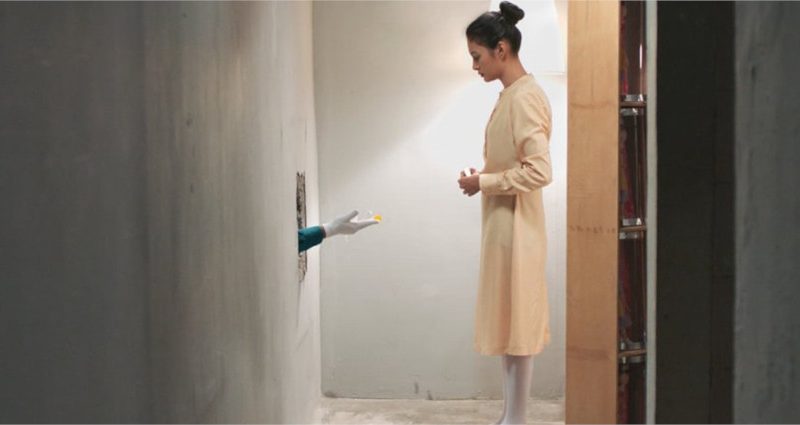On 27 Steps of May: A Mystery, A Room to Think
In this article, Yus reflects on how Ravi Bharwani’s 27 Steps of May, one of our favorite films from 2019, gives respect to its audiences by giving them room to think, to slowly piece together the mystery on their own.
I wasn’t sure about how to start this review. Am still stirred with emotions that I’m not sure how to summarize the experience into just a few words. But there are two things I know for certain: 1) 27 Steps of May is the best movie I’ve seen all year and 2) 27 Steps of May is the first Indonesian masterpiece I’ve seen in a long time, if ever.
The second point is important because, as an Indonesian filmmaker myself, I am all too familiar with the toxic consumer-driven mentality that has too often compromised the creative vision of most filmmakers working in this country. ‘The audiences are not smart enough for this’ or ‘we filmed that scene in 2 days, let’s do this one in 1 day’ are among some of the comments you grow accustomed to hearing from directors, producers, EPs, and other industry players, that they no longer stir any reactions. They are facts taken for granted. When you make movies for the multiplex crowd in Indonesia, you HAVE to compromise.
27 Steps of May, however, doesn’t compromise. It is a painful story about a teenage rape victim who’s dragged herself and her boxer father into a tragic world of suffocating restraint and self-punishment for 8 years. Their struggle to bring themselves back into the normal world again, to ‘make progress’, a catchphrase the movie so smartly coined, which the movie ensures to do as agonizingly and realistically as possible.

Realistic is a tricky word to use here. Although the stylistic mise-en-scène of May’s room and that of her new magician neighbor which plays the most important part in her transformation, are about as far away as one would imagine to be realistic, the movie has a doubtless faith that as long as characters’ emotional journey are chronicled in the most emphatic and humanly dignified way as possible, the audience will buy almost anything unrealistic about the set or the plot.
The movie makes you believe in the characters from its first 5 minutes, then proceeds to move you with their pain, charm you with their integrity, smitten you with their joy (whatever little there was), and wrench your heart with their sacrifice. It respects its audiences by giving them room to think, to slowly piece together the mystery on their own:
Why does May’s routine consist of boxing in so many dolls? And what’s with that jump rope?
It enriches their experience with visual attention to detail, and subtly draws their attention to the little things that matter with impeccable sound design (boiled egg will taste a lot better after watching this movie). As the credits roll, you know that the movie is over, but the characters stay with you. As you leave the theater, you know that it was just a movie, but watching it has somehow made you into a more grateful person.

In relation to my earlier comment about how most filmmakers have to learn to compromise when working in Indonesia; this movie only has one tracking shot (a show-off device overused in commercial films and TV commercials to add production value), and that is used at the only time that matters in the story, when May has forgiven herself for what has happened in the past, and is now eager to learn to see the world from a different perspective.I could go on and on with my praises for the movie, which lack any criticism, at least upon this first viewing, but this rambling has probably gone on long enough.
To wrap things up, my favorite moment about watching 27 Steps of May in a multiplex theatre was sitting next to two seemingly clueless guys who spent the first 20 or so minutes complaining that they have to sit through this ‘bland’ experience for 2 hours and even making some questionable off-hand remarks to Avengers (comparing the dad boxing to Captain America), shift into a position where they rest their head on their chins while leaning their body forward with eyes attentive towards the screen near the climax. Either this, or the movie itself, draw tears out of my eyes.
Yusgunawan Marto, Jakarta Cinema Club
Yusgunawan is a Director/Cinematographer and senior writer at Jakarta Cinema Club
Also read: Reflection on Edward Yang’s A ‘Brighter Summer Day’ (1991)




